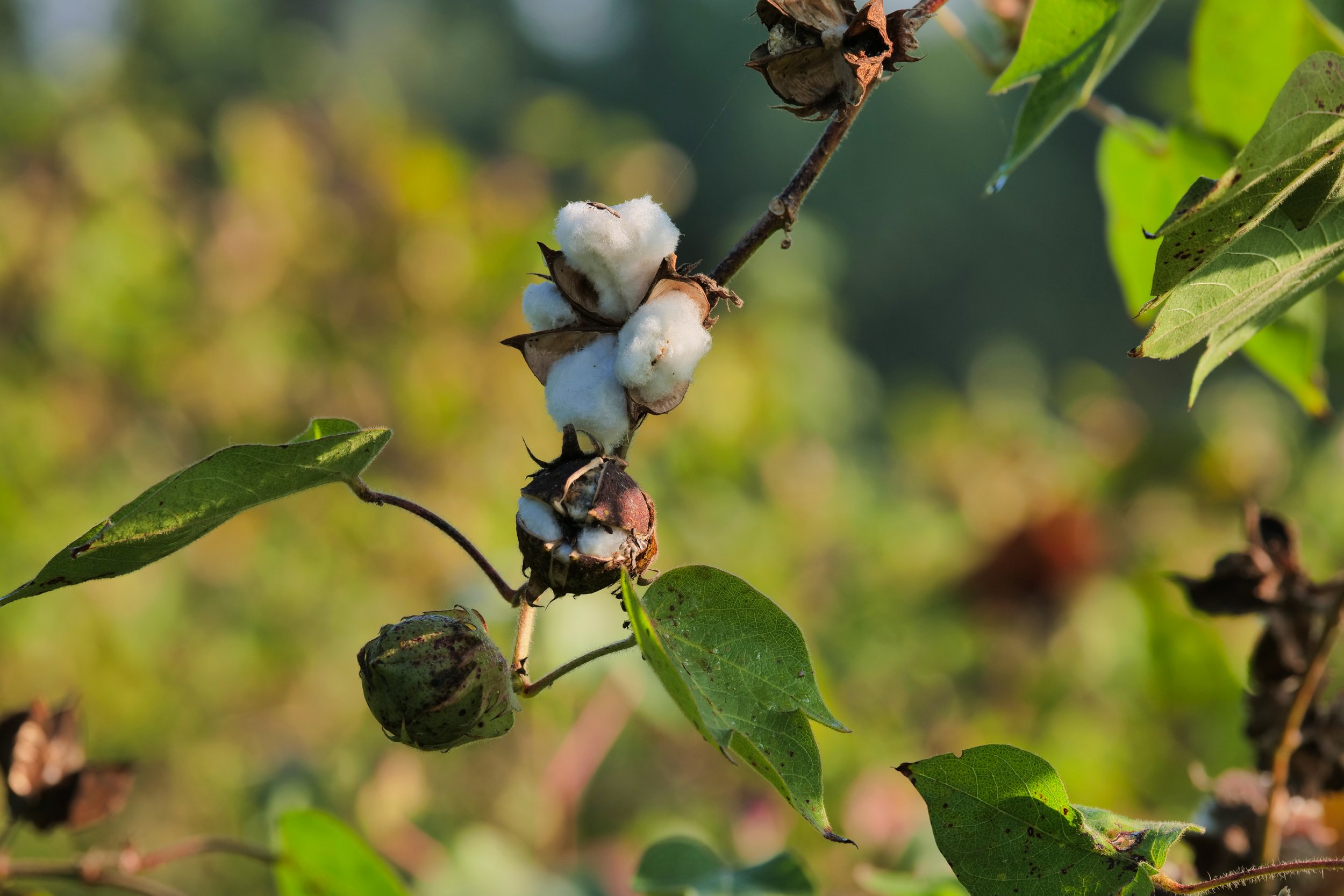Volcom’s Farm to Yarn

Volcom’s Farm to Yarn programme is providing farmers across India valuable training in organic farming practices, while giving all-important women farmers important life and business skills for their future.

“We are truly proud of this programme as it embodies both environmental and social benefits. It also represents another strategic milestone in our never-ending mission to be true to this planet.”
– Ryan Immegart, Chief Marketing Officer, Volcom
“Partnership has been the key word used to describe the success of this launch. Without good partners on the ground, a programme like this rarely stands a chance.”
– Big Tony Alvarez, VP of Global of Compliance and Supply Chain, Volcom
The background
Throughout the business, Volcom is actively addressing its environmental and social impacts with a commitment to responsible manufacturing practices, better fiber sourcing, robust impact evaluation, and meaningful give backs.
The company is committed to a certified traceable organic cotton programme that benefits farmers and their communities.
Partnership with CottonConnect
Our partnership with Volcom is centred around Farm to Yarn, a socially conscious raw materials initiative in India featuring certified organic cotton traceable back to the farm. The programme provides social and professional education programs for the farmers and the women in the farming villages of Maharashtra and Madhya Pradesh, where the cotton is sourced.
The initiaitve provides organic farming training, farmer business training, and women’s empowerment programs in rural India. The programme also enables farmers to test seeds to ensure they are GMO-free, and also link farmers to ginners, ginners to spinners, and spinners to fabric mills to boost supply chain transparency.
Outcomes and impact
The initial Farm to Yarn launch produced nearly 27 metric tons – 15% of Volcom’s total organic cotton supply – of certified, fully traceable-to the-farm group, organic cotton from eight different villages in the Madhya Pradesh region of India.
Meanwhile, 150 farmers enrolled in a year-long organic farming skills training programme, focused on natural pest control and organic fertilizers, 50 women farmers enrolled in an educational programme looking at women’s rights and life skills, and 100 farmers took part in a Farmer Business School training programme offering lessons on business fundamentals.






























